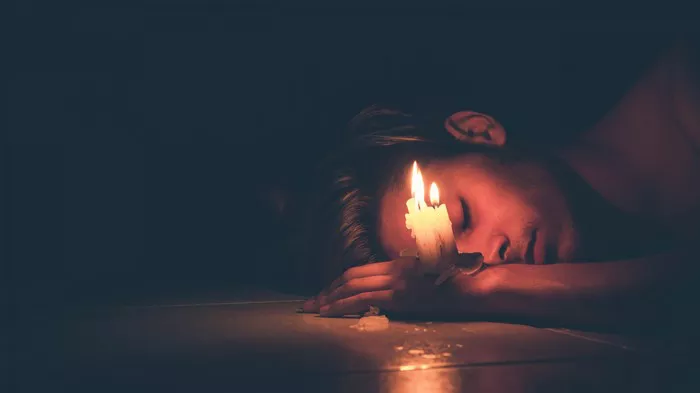FAQs
What happens when OCD gets out of control?
When OCD becomes unmanageable, it can severely disrupt daily life. Tasks like leaving the house or completing work become overwhelming due to relentless rituals or intrusive thoughts. Relationships suffer, and mental health deteriorates, often leading to depression or anxiety disorders.
What does extreme OCD look like?
Extreme OCD manifests in intense obsessions and compulsions that consume a person’s thoughts and behaviors. They may spend hours performing rituals to alleviate anxiety, experiencing distress if routines are disrupted. This can lead to social isolation, inability to function, and profound emotional distress.
What is the hardest type of OCD to treat?
Pure Obsessional OCD, also known as Pure O, can be particularly challenging to treat. Unlike visible compulsions, Pure O primarily involves intrusive, distressing thoughts or mental images. Because these are internal and not always evident, it can be challenging to diagnose and address effectively through therapy or medication.
Related topics:
- What to Say When Your Partner Is Depressed?
- Navigating Through Hopelessness: Strategies for Finding Light in Dark Times
- Supporting Someone in a Depressive Episode: A Comprehensive Guide


